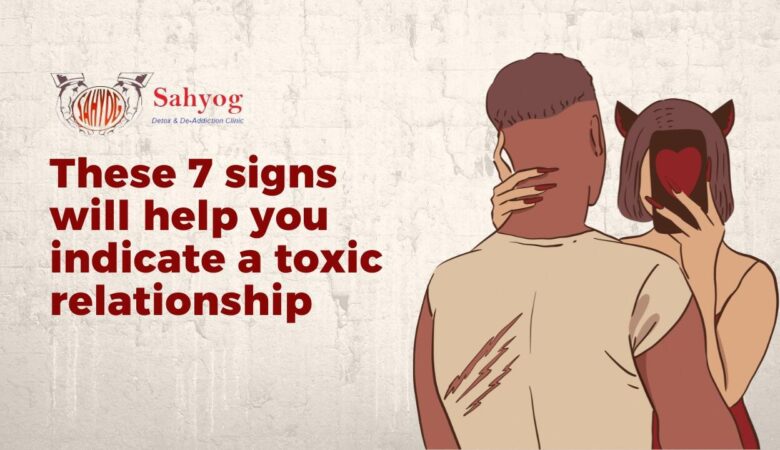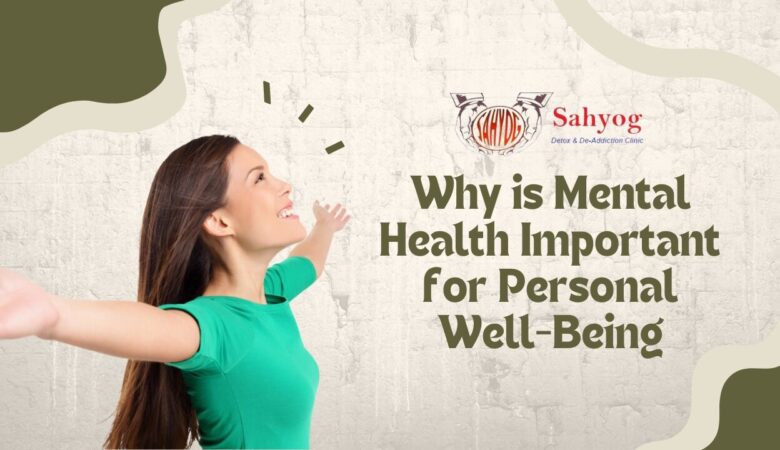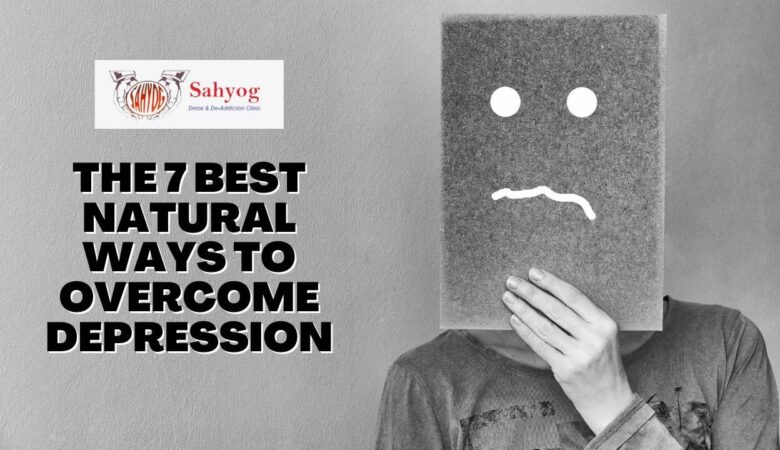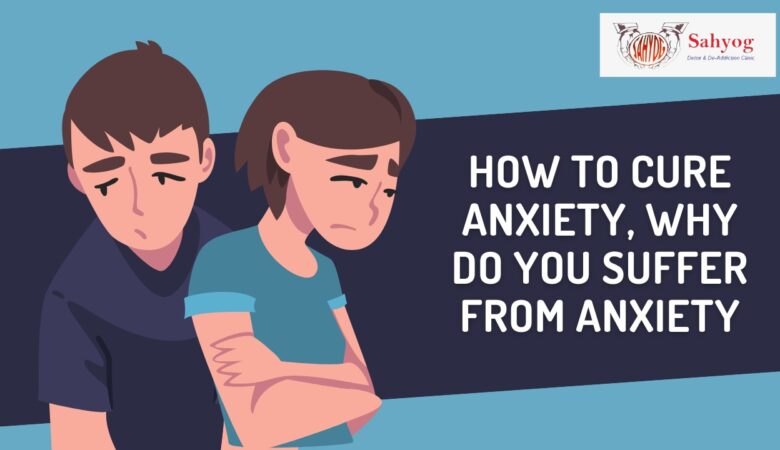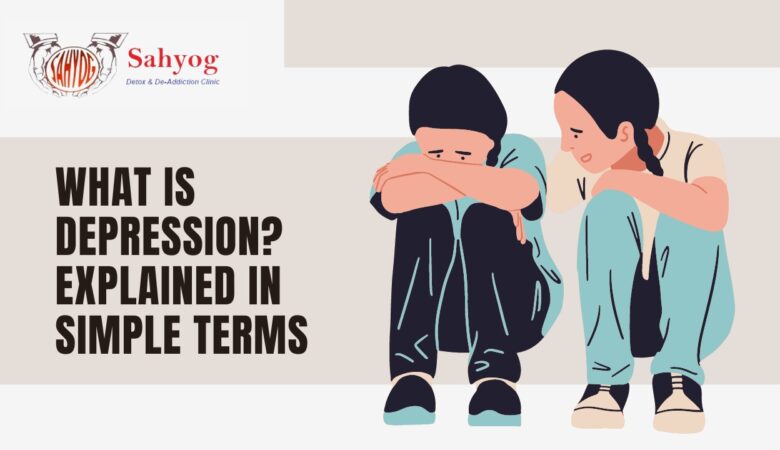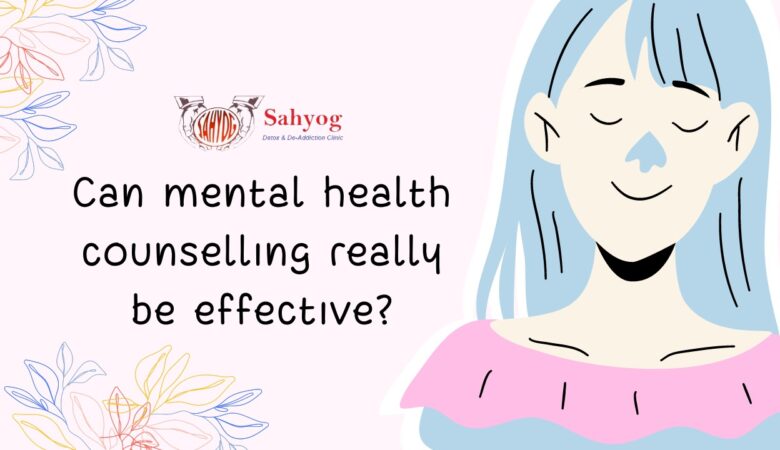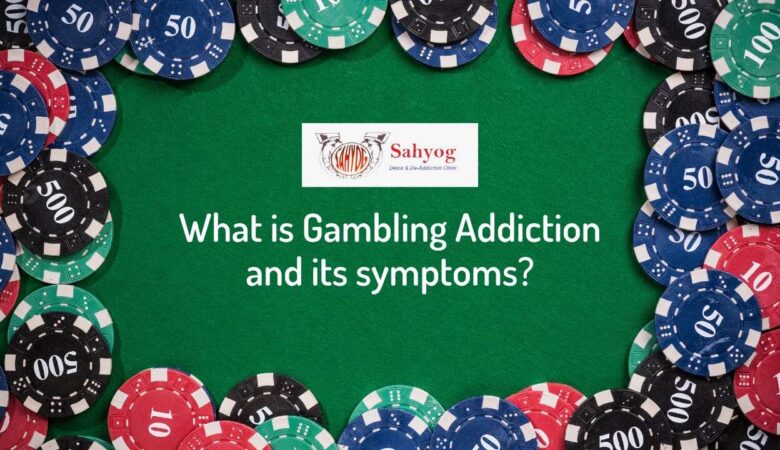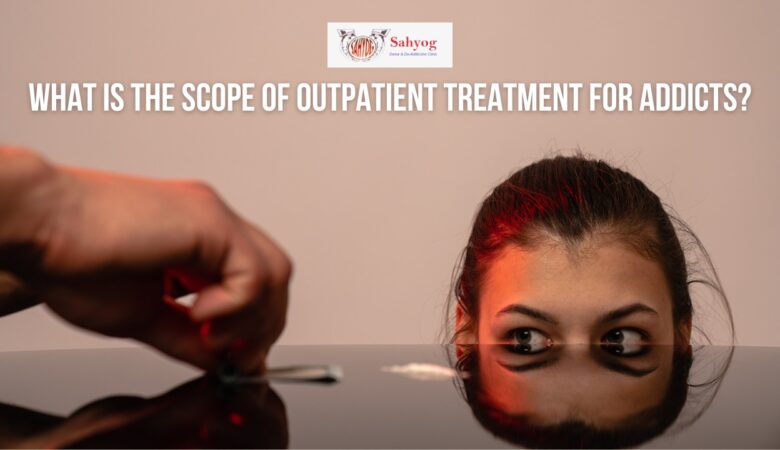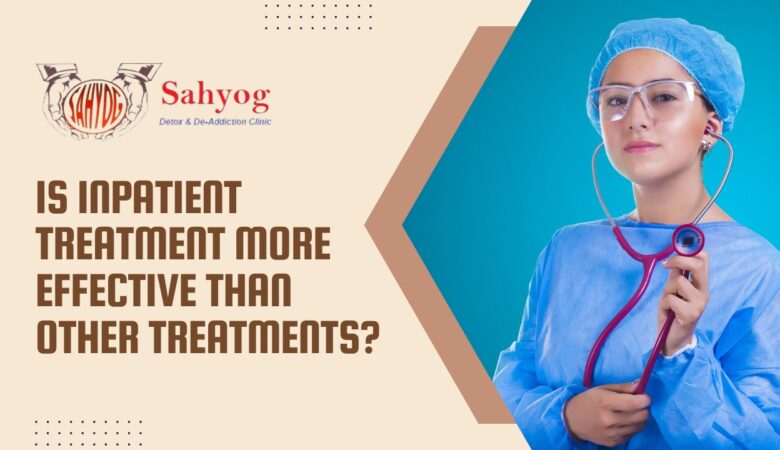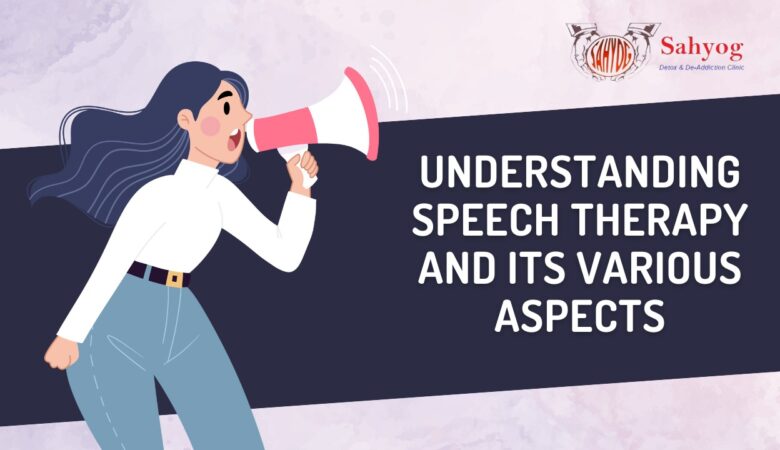These 7 Signs Will Help You Indicate A Toxic Relationship
Introduction We’ve all been in relationships that weren’t quite right, but it can be hard to tell when it’s time to walk away. If you’re unsure about whether or not your relationship is toxic, here are seven signs to help you determine if it’s time to move on. What is a Toxic Relationship? A toxic relationship is a relationship in which one or more partners exhibit behaviours that are harmful to the other partner or to the relationship itself. These behaviours can be physical, emotional, mental, sexual, and even financial, social, or political. A lack of trust, respect and communication are some common signs of being in a toxic relationship. Partners in a toxic relationship may also exhibit signs of abuse, such as controlling behaviour, jealousy, or intimidation. Toxic relationships can be damaging to both parties involved and can lead to feelings of insecurity, low self-esteem, and anxiety. 7 Signs That Will Help You Indicate A Toxic Relationship If you’re in a toxic relationship, you likely feel drained most of the time. You might feel like you’re always walking on eggshells, and that any little thing could set off your partner. You might also feel like you’re never good enough, and that no matter what you do, it’s never enough. Other signs that you might be in a toxic relationship are further discussed below: Lack of communication Lack of communication is often one of the first signs that a relationship is beginning to turn toxic. If you and your partner are no longer communicating openly, honestly, and frequently, it can be a sign that something is wrong. If you’re not communicating, it’s hard to resolve problems and move forward. Additionally, a lack of communication can lead to misunderstandings and resentment. If you’re not able to talk to your partner about what’s going on, it may be time to seek outside help or end the relationship. No Trust When there is no trust in a relationship, it can be very toxic. Many signs can help you indicate if there is no trust in your relationship. If you feel like you are always being watched or monitored, this is a sign of no trust. Or, if your partner is always asking for your passwords or snooping through your phone, this is also a sign of no trust. If you feel like you can never be yourself around your partner or that they are always judging you, this is another sign of no trust. Lastly, if you feel like you are constantly walking on eggshells around your partner, this is yet another sign of no trust. If any of these signs sound familiar to you, it may be time to reassess your relationship and see if it is truly healthy for you. Respect is Missing When respect is missing from a relationship, it can be a sign that the relationship is toxic. If you find yourself in a relationship where you are constantly being disrespected, it may be time to reassess the situation. One of the most important parts of any healthy relationship is respect. Without respect, it can be difficult to feel valued or appreciated. If you don’t feel respected by your partner, it may be time to have a conversation about what respect looks like in your relationship. If you’re not sure whether or not respect is missing from your relationship, here are some signs to look out for: Your partner regularly belittles or criticizes you Your partner dismisses your opinions or feelings. Your partner regularly puts you down in front of others. Your partner withholds affection as a way to control or manipulate you. Your partner doesn’t respect you and threatens and bullies you regularly. Controlling Behaviour No relationship is perfect, but toxic relationships take things to a whole other level. If you’re in a toxic relationship, it’s important to be able to recognize the signs so you can get out before it’s too late. If your partner is always trying to control what you do, who you see, and how you spend your time, it’s a red flag that something is wrong. This kind of behaviour is a way for your partner to try to control you and make you feel like you’re not good enough. Another sign of a toxic relationship is when one person is always putting the other person down. This can be done in subtle ways, like making snide comments about their clothes or the way they look. Or, it can be more overt, like calling them names or telling them they’re worthless. Either way, this kind of behaviour is incredibly hurtful and damaging to the relationship. Jealousy If you find yourself getting jealous of your partner’s friends, colleagues, or even their ex, it’s a sign that you’re not comfortable with them having any close relationships outside of the two of you. This can lead to possessiveness and control issues, as well as resentment and insecurity. If you’re feeling jealous, it’s important to talk to your partner about it and try to work through those feelings together. Otherwise, they will only fester and cause further problems in the relationship. Unhealthy Dependencies One of the most important things to look for in a relationship is whether or not it is healthy. Unfortunately, some relationships can be toxic and cause damage to both parties involved. If you find yourself needing your partner for everything in your life, it may be time to reassess the situation. It’s important to have close relationships, but it’s also important to maintain your independence. If you’re relying on your partner for everything, it can lead to feelings of codependency and ultimately resentment. If it feels like every day is a fight, then chances are the relationship is not a healthy one. Drama and conflict are normal from time to time, but if it’s a constant thing, it’s likely not sustainable long-term. If you feel like you’re stuck in the relationship and can’t leave, it’s likely an unhealthy one. No one deserves
